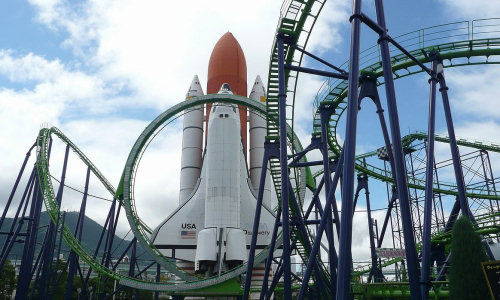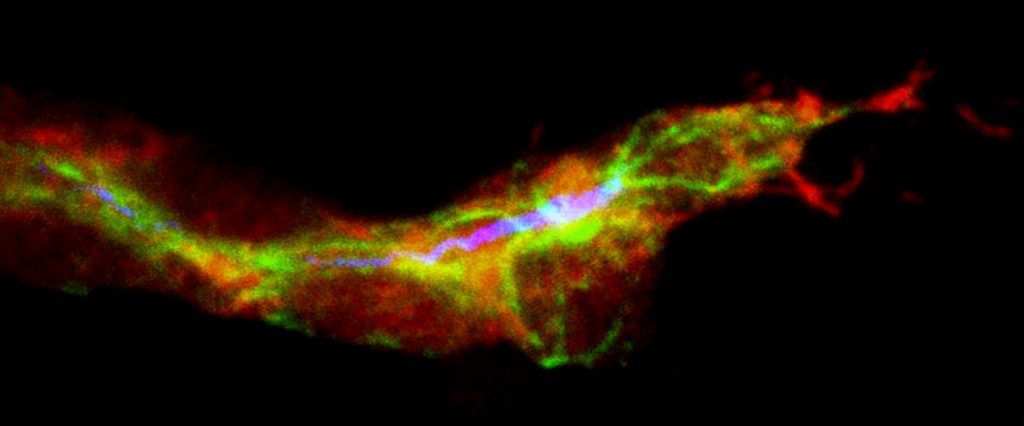Abba Zubair, M.D., Ph.D, believes that cells grown in the International Space Station (ISS) could help patients recover from a stroke, and that it may even be possible to generate human tissues and organs in space. He just needs a chance to demonstrate the possibility.
He now has it. The Center for the Advancement of Science in Space (CASIS), a nonprofit organization that promotes research aboard the ISS, has awarded Dr. Zubair a $300,000 grant to send human stem cells into space to see if they grow more rapidly than stem cells grown on Earth.
Dr. Zubair, medical and scientific director of the Cell Therapy Laboratory at Mayo Clinic in Florida, says the experiment will be the first one Mayo Clinic has conducted in space and the first to use these human stem cells, which are found in bone marrow.
“On Earth, we face many challenges in trying to grow enough stem cells to treat patients,” he says. “It now takes a month to generate enough cells for a few patients. A clinical-grade laboratory in space could provide the answer we all have been seeking for regenerative medicine.”
He specifically wants to expand the population of stem cells that will induce regeneration of neurons and blood vessels in patients who have suffered a hemorrhagic stroke, the kind of stroke which is caused by blood clot. Dr. Zubair already grows such cells in his Mayo Clinic laboratory using a large tissue culture and several incubators — but only at a snail’s pace.
Experiments on Earth using microgravity have shown that stem cells — the master cells that produce all organ and tissue cell types — will grow faster, compared to conventionally grown cells.
“If you have a ready supply of these cells, you can treat almost any condition, and can theoretically regenerate entire organs using a scaffold,” Dr. Zubair says. “Additionally, they don’t need to come from individual patients — anyone can use them without rejection.”
Dr. Zubair is working with engineers at the University of Colorado who are building the specialized cell bioreactor that will be taken to the ISS within a year for the experiment.
“I don’t really think growing cells in space for clinical use on Earth is science fiction,” he says. “Commercial flights to the ISS will start soon, and the cost of traveling there is coming down. We just need to show what can be achieved in space, and this award from CASIS helps us do that.”
Story Source:
The above story is based on materials provided by Mayo Clinic.





